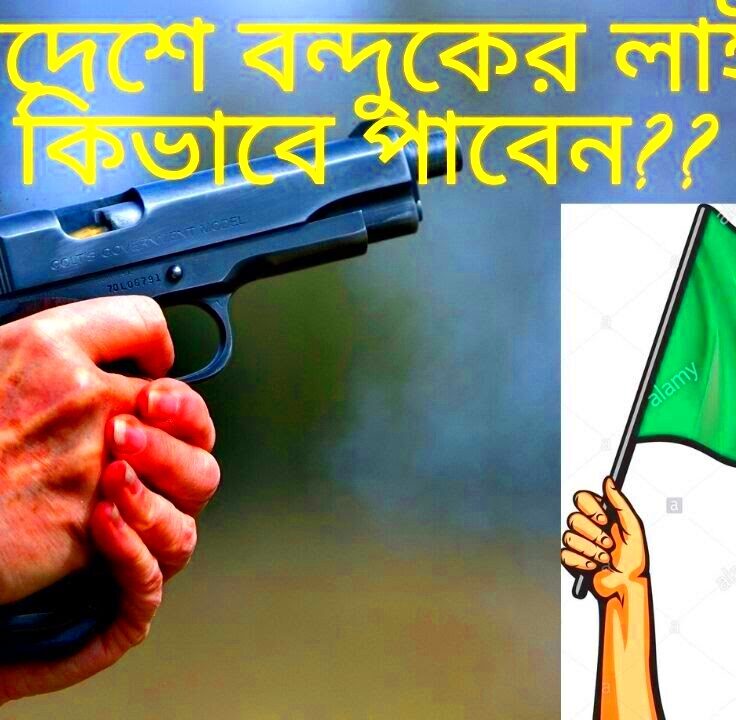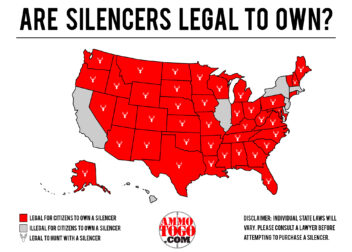Bangladesh Gun Laws and Their Implications for Gun Owners
Gun laws in Bangladesh are designed to regulate the ownership and use of firearms in the country. With a focus on public safety, these laws govern who can own guns, how they can be used, and the responsibilities of gun owners. Understanding these laws is essential for anyone considering owning a firearm or wanting to know more about gun ownership in Bangladesh.
Historical Background of Gun Ownership in Bangladesh
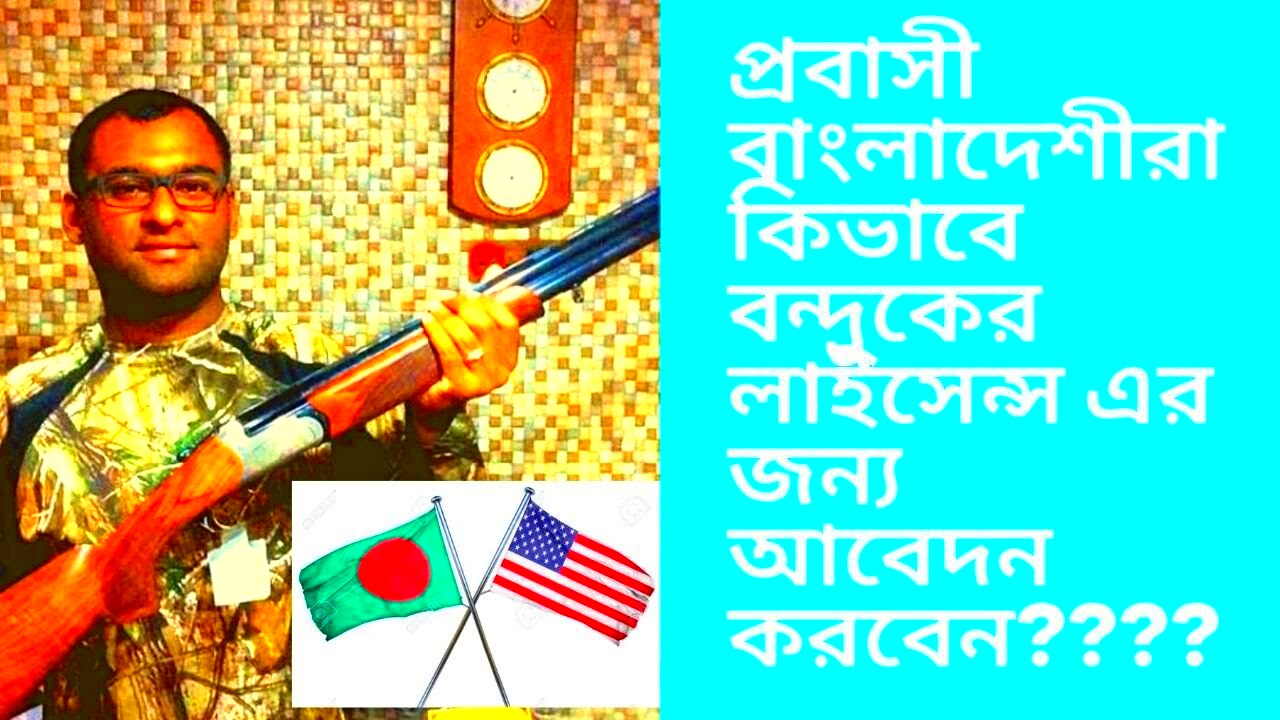
The history of gun ownership in Bangladesh dates back to the time of colonial rule and has evolved significantly since independence in 1971. Here are some key points in this history:
- Colonial Era: Under British rule, gun ownership was largely restricted to prevent uprisings.
- Post-Independence: After gaining independence, the government implemented various laws to regulate firearms in response to the need for security and order.
- War of Liberation: The struggle for independence saw an increase in the use of firearms, which influenced public perceptions of gun ownership.
- Recent Developments: Over the years, gun laws have been tightened to address crime and violence, leading to stricter licensing processes.
Understanding this historical context helps in grasping the complexities of current gun laws and the ongoing discussions about their implications.
Current Gun Laws and Regulations
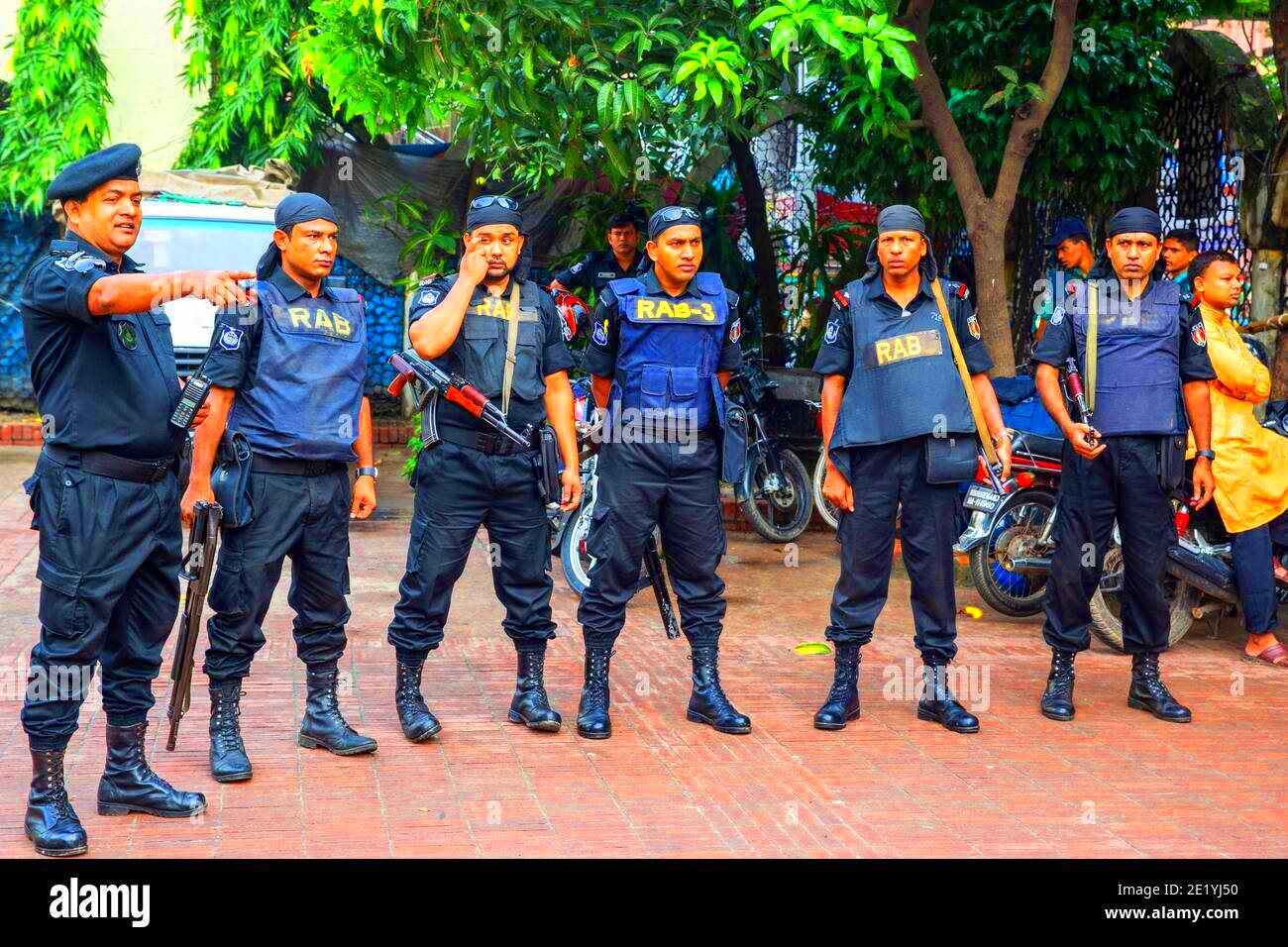
Current gun laws in Bangladesh are primarily governed by the Arms Act of 1878, along with amendments that have been made over the years. Here’s a closer look at some of the key regulations:
| Aspect | Details |
|---|---|
| Eligibility for Gun Ownership | Must be a Bangladeshi citizen, at least 21 years old, and pass a background check. |
| Types of Permitted Firearms | Shotguns, rifles, and pistols are allowed, with restrictions on automatic weapons. |
| Licensing Process | Applicants must submit an application to the local police station, providing reasons for ownership and passing a verification process. |
| Storage Requirements | Firearms must be stored securely in a safe to prevent unauthorized access. |
| Use Regulations | Firearms can only be used for self-defense, hunting, or sport shooting under regulated conditions. |
These laws aim to balance individual rights with the need for public safety, making it crucial for gun owners to be well-informed about their responsibilities and the regulations that govern firearm ownership in Bangladesh.
Types of Firearms Permitted for Ownership
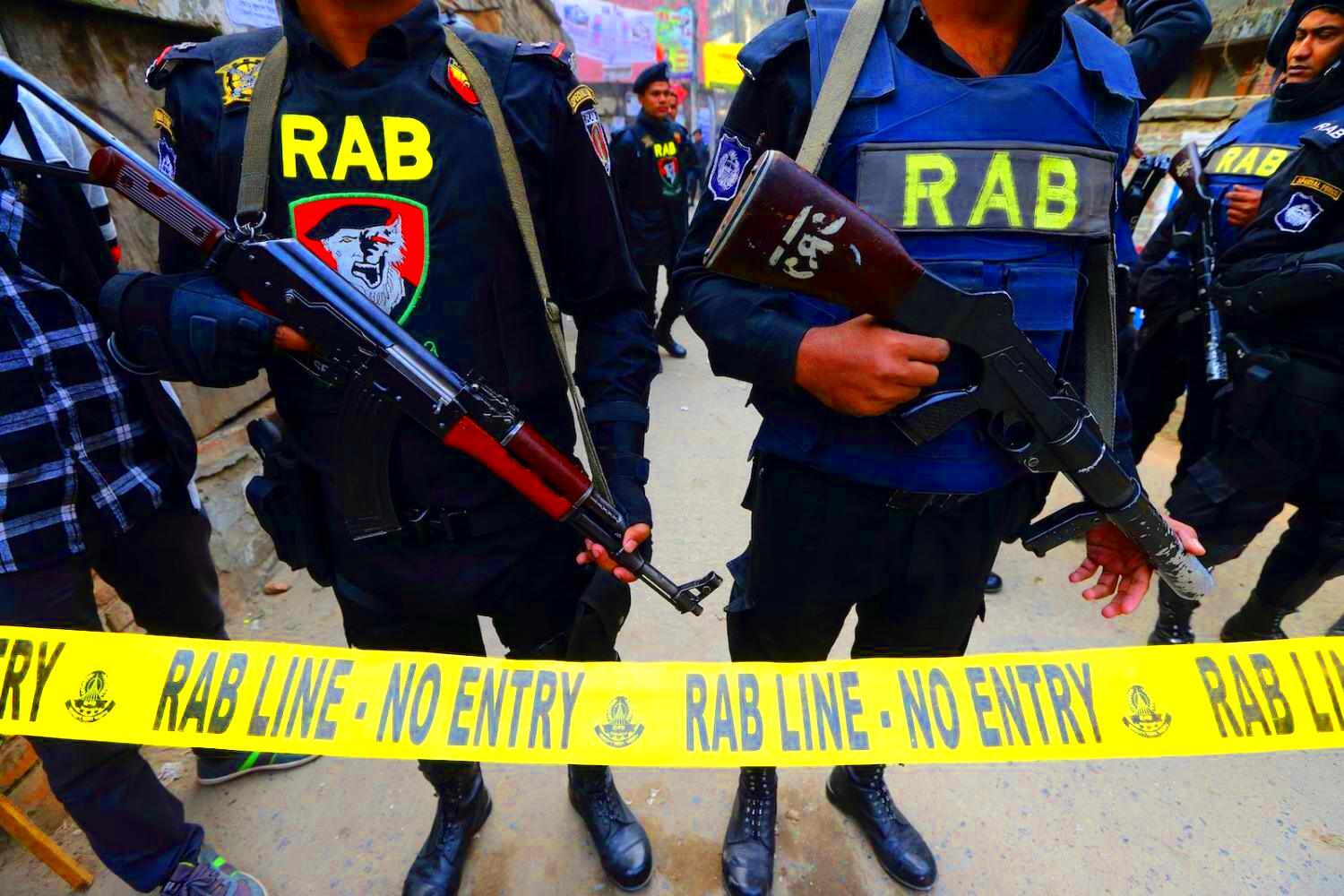
In Bangladesh, the types of firearms that individuals can own are clearly defined by law. Understanding what is allowed can help potential gun owners make informed decisions. Here’s a breakdown of the different categories of firearms permitted:
- Shotguns: These are popular for hunting and sport shooting. They are generally easier to obtain than other types of firearms.
- Rifles: Rifles are allowed for hunting and sporting purposes. Owners must have the appropriate license and demonstrate a genuine reason for ownership.
- Pistols: Handguns are also permitted, but ownership comes with stricter regulations and a more rigorous licensing process.
- Prohibited Firearms: Automatic weapons and firearms classified as dangerous are strictly banned for civilian ownership.
It’s crucial for anyone considering purchasing a firearm to be aware of these classifications to ensure compliance with the law. Understanding these types not only helps in making a responsible choice but also fosters a culture of safe gun ownership.
Process for Obtaining a Gun License
Obtaining a gun license in Bangladesh involves several steps designed to ensure that only responsible individuals are granted ownership. Here’s a simplified overview of the process:
- Application Submission: Interested individuals must submit an application to the local police station. This application requires personal details and the purpose for owning a firearm.
- Background Check: Authorities will conduct a thorough background check, including criminal history and mental health evaluations.
- Verification Process: Local police will verify the information provided in the application and may interview the applicant and references.
- Approval or Denial: After reviewing all information, the police will either approve or deny the application. If approved, the applicant will receive a license.
- License Renewal: Gun licenses must be renewed periodically, which may involve a reevaluation of the owner’s eligibility.
Following these steps is essential for legal ownership of a firearm, and potential gun owners should be patient as the process can take time.
Rights and Responsibilities of Gun Owners
Gun ownership in Bangladesh comes with a set of rights and responsibilities that every gun owner must understand. These guidelines help promote safety and accountability among firearm owners.
- Rights of Gun Owners:
- The right to legally own and possess firearms as permitted by law.
- The right to use firearms for self-defense, hunting, and sport shooting, in compliance with regulations.
- The right to seek legal redress in case of unlawful confiscation of firearms.
- Responsibilities of Gun Owners:
- To securely store firearms to prevent unauthorized access, especially from children.
- To renew licenses and comply with all legal requirements.
- To use firearms responsibly and only for lawful purposes.
- To report any lost or stolen firearms to the authorities immediately.
- To follow all applicable laws regarding the transportation of firearms.
Understanding these rights and responsibilities is vital for promoting safety and ensuring that gun ownership remains a responsible practice in Bangladesh.
Consequences of Violating Gun Laws
Violating gun laws in Bangladesh can lead to serious repercussions. Understanding these consequences is crucial for gun owners to ensure they remain compliant with regulations. Here’s what can happen if gun laws are broken:
- Fines: Minor violations may result in financial penalties, which can vary depending on the severity of the infraction.
- License Revocation: Engaging in illegal activities or failing to adhere to regulations can lead to the revocation of the gun owner’s license.
- Criminal Charges: More severe violations, such as possession of prohibited firearms, can result in criminal charges, which may include imprisonment.
- Increased Scrutiny: A history of violations can lead to closer scrutiny from law enforcement, making it harder to obtain licenses in the future.
- Social Stigma: Being labeled as a violator of gun laws can lead to social repercussions and loss of reputation in the community.
For gun owners, understanding these potential consequences emphasizes the importance of adhering to the law and ensuring responsible firearm ownership.
Future Trends in Gun Legislation in Bangladesh
The landscape of gun legislation in Bangladesh is continually evolving, influenced by social, political, and security factors. Here are some anticipated trends:
- Stricter Regulations: Given the rise in crime and violence, it’s likely that lawmakers will introduce stricter regulations regarding gun ownership and usage.
- Increased Licensing Requirements: Future legislation may include more stringent requirements for obtaining a gun license, possibly requiring comprehensive background checks and safety training.
- Focus on Public Safety: Discussions around gun laws may shift towards enhancing public safety, leading to restrictions on certain types of firearms.
- Community Engagement: There may be initiatives aimed at involving communities in discussions about gun ownership and its impact, fostering a culture of responsibility.
- Technological Integration: The use of technology in monitoring gun ownership and tracking firearms could become more prevalent, promoting accountability among gun owners.
By keeping an eye on these trends, gun owners and potential buyers can stay informed about how future changes might affect them.
FAQs
Here are some frequently asked questions regarding gun laws in Bangladesh:
- What is the minimum age to own a gun?
- The minimum age for gun ownership in Bangladesh is 21 years old.
- Can foreigners own firearms in Bangladesh?
- Generally, gun ownership is limited to Bangladeshi citizens. Foreigners may face strict regulations and are usually not allowed to own firearms.
- What happens if I lose my gun license?
- If you lose your gun license, you should report it to the local police and apply for a replacement. It’s important to act quickly to avoid potential legal issues.
- Are there restrictions on carrying firearms in public?
- Yes, carrying firearms in public is heavily regulated. Gun owners must adhere to local laws regarding transportation and display of firearms.
- How can I ensure my firearm is stored safely?
- Firearms should be stored in a secure location, such as a gun safe, with ammunition kept separately to prevent unauthorized access.
These FAQs provide essential information for gun owners and those considering firearm ownership, helping them navigate the legal landscape more effectively.
Conclusion
Understanding gun laws in Bangladesh is crucial for anyone considering firearm ownership. The regulations governing gun ownership are designed to balance individual rights with public safety. By being aware of the types of firearms permitted, the process for obtaining a gun license, and the rights and responsibilities of gun owners, individuals can ensure they comply with the law. Furthermore, staying informed about the consequences of violating these laws and the future trends in legislation can help foster responsible gun ownership. Ultimately, awareness and compliance with these regulations contribute to a safer community for everyone.
